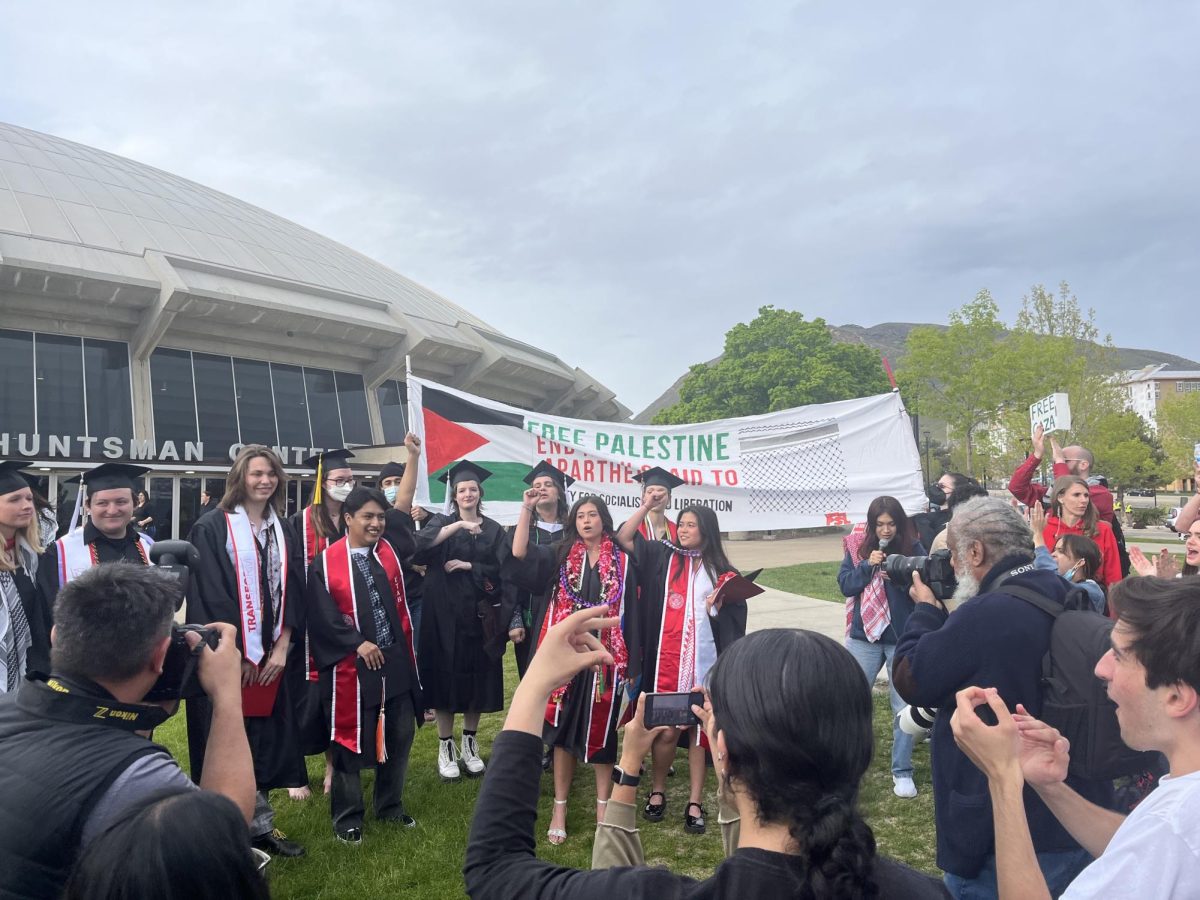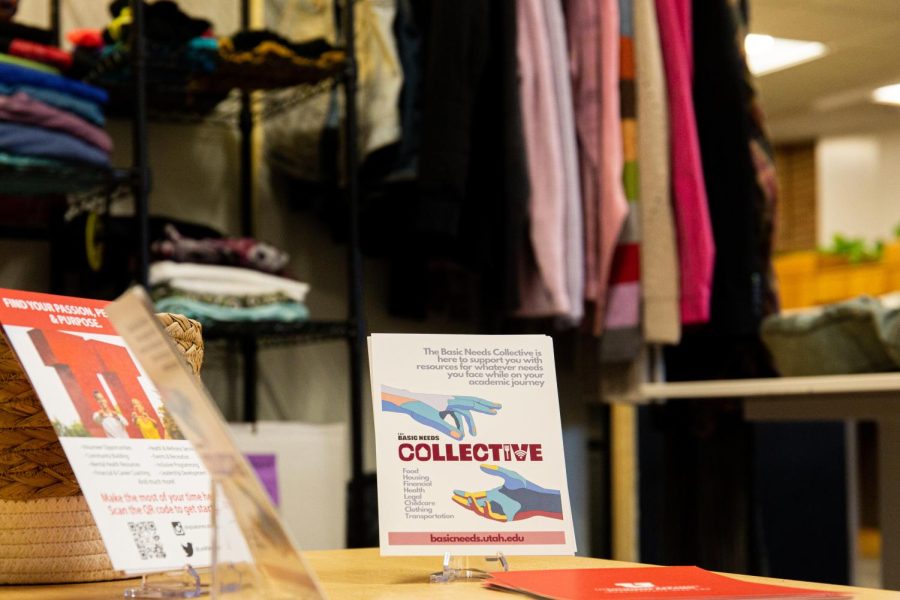For Janis Louie, assistant professor of chemistry, the third time was the charm.
The department of chemistry had nominated her for a Sloan Research Fellowship twice before, but this year she finally won the prestigious award.
The Alfred P. Sloan Foundation awarded fellowships to 116 outstanding young scientists, mathematicians and economists this year.
Louie won for her work using nickel-based catalysts to produce chemical reactions. She said one practical use of her research is improving products, such as pharmaceuticals, by making the reactions used to produce them simpler, cheaper and easier.
Most of the fellowships went to scholars at elite universities such as UC-Berkeley, Princeton and Wisconsin-Madison. Louie was one of only two professors from Mountain West colleges to win one of the fellowships this year.
The nomination process involved the department compiling four letters of recommendation-three from outside reviewers and one from within the department, Louie’s curriculum vitae and a summary of her research. The materials were submitted as a package to the Sloan Foundation.
Louie’s colleagues in the department of chemistry praised her research.
“One of the impressive things about what she’s done is using carbon dioxide in reactions. To be able to use it is a fairly difficult thing to do and involves a fairly innovative catalytic process,” said Peter Armentrout, chairman of the chemistry department.
“It is a creative use of metal complexes to produce reactions,” said Sheila David, associate professor of chemistry.
David won a Sloan Fellowship in 1998 for her work in bio-organic chemistry. She said receiving the award has a significant impact on the academic career of any scholar.
“It’s not getting the funding, it’s getting the recognition. You’re a Sloan Fellow for life. It has a lasting effect on your career,” she said.
Ten members of the chemistry department’s current faculty are Sloan Fellows, Armentrout said.
Louie said the financial award will amount to $75,000 in a two year period.
“There’s discretion in how you use it to fund your research, and I plan to fund grad students,” she said.
Louie said having multiple students to run experiments helps research go faster.
She was quick to credit all the people who had helped her accomplish the research objectives that led to her award.
“I want to emphasize that this award was a collaborative effort of very talented students and individuals that helped produce groundbreaking research,” Louie said.











